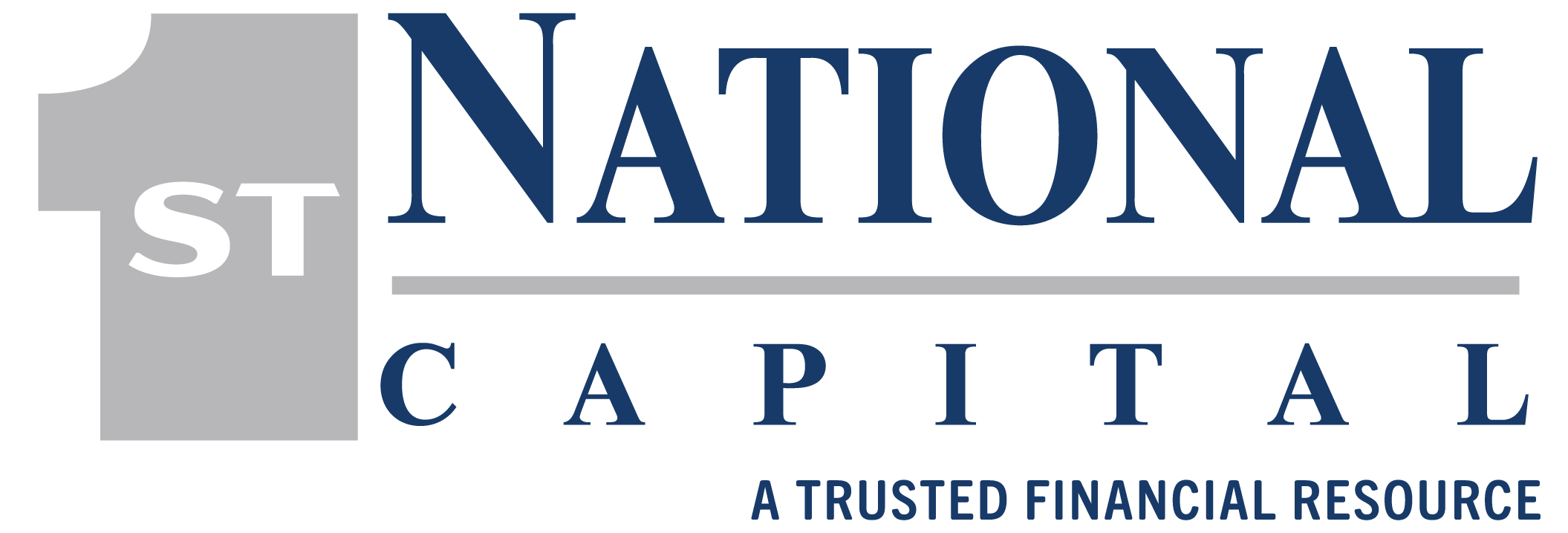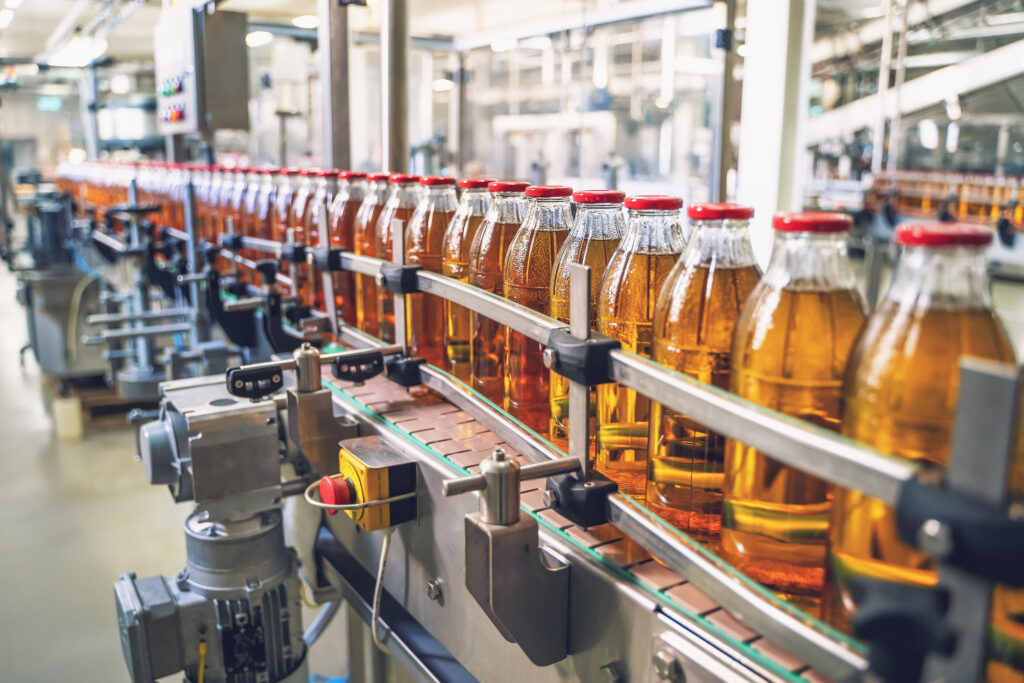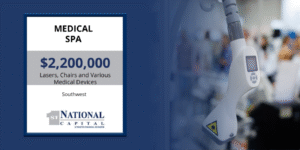In a recent study completed by Secured Research, only 17% of middle market food and beverage manufacturers were cutting capex spend going into 2024. An impressive 64% planned on increasing investments in automation by 20% or more in the next 24 months.
Middle Market food and beverage manufacturers face the dual challenge of staying ahead of the competition and managing a shrinking labor market. The pressing need for efficiency and consistency in production has led many to turn towards automation as a vital investment even as economic headwinds persist. Here, we explore how two mid-sized manufacturers are navigating these challenges and hear directly from their CFOs about the necessity of automation.
Organic Snack Manufacturer
In 2021, demand was soaring while production throughput was falling. Difficulty in sourcing and affording skilled labor was a problem for the first time in their 72-year history and with changing population demographics, the intensity of the challenge was unlikely to retreat. The need for automation became a strategic imperative.
The CFO elaborates, “We were facing a critical juncture where our manual processes could no longer keep up with the demand. By investing in automated packaging and sorting systems, we’ve not only increased our production capacity by 30%, but we’ve also significantly reduced our error rate. While we invested much before the rate hikes, there is little doubt that our automation imperative continues even though the cost of capital is higher.”
Sports and Nutrition Drink Manufacturer
The company struggled with maintaining consistent quality and meeting production targets due to a limited labor pool in late 2020 and early 2021. The decision to automate their bottling and labeling processes proved transformative.
The CFO shares, “The labor market has been extremely tight, and finding skilled workers was becoming a bottleneck for us. Automation was the clear solution. Since implementing robotic systems in our bottling line, we’ve seen a 25% increase in throughput and a substantial decrease in downtime. Beginning in late 2023, equipment leasing has helped us continue these investments in the face of what may have otherwise stalled our capex plans.”
The Imperative for Automation
The experiences of these two companies highlight a broader trend across the industry. Automation is a necessity for mid-sized food and beverage manufacturers, even in the face of rising capital costs. The shrinking labor market, coupled with the need for higher efficiency and product consistency, makes automation an essential strategy for sustainable growth.
Equipment Finance Fuels the Key Benefits of Automation:
In the Secured Research study, 39% of CFOs were actively exploring leasing solutions for their automation investments and 62% were open using alternatives to cash and revolver capacity to fund the mission critical capex trend.
Equipment Financiers enable the core benefits of this transition:
- Increased Production Capacity: Automated systems can operate 24/7, significantly boosting production capacity without the need for additional labor.
- Improved Product Quality: Automation ensures precision and consistency, reducing the risk of human error and enhancing product quality.
- Labor Optimization: By automating repetitive tasks, companies can reassign their workforce to more critical, value-added activities, improving overall productivity.
- Cost Efficiency: While the initial investment in automation can be significant, the long-term savings in labor costs and increased efficiency married with an effective equipment finance solution often result in a strong return on investment.
Looking Ahead
The insights from these CFOs underscore the transformative impact of automation on their operations. By investing in advanced technologies, these companies are not only addressing current challenges but are also positioning themselves for future success. But they’ll need to do it through a cycle where credit is tighter and capital costs higher.
Equipment financing and leasing provide crucial financial support for mid-sized food and beverage manufacturers looking to invest in automation. Leasing offers the advantage of facilitating quicker adoption of automation technologies for a lower barrier to entry with potentially higher ROI/A.
Is your firm making the most of equipment finance flexibilities to ensure effective mobilization against the trend?




